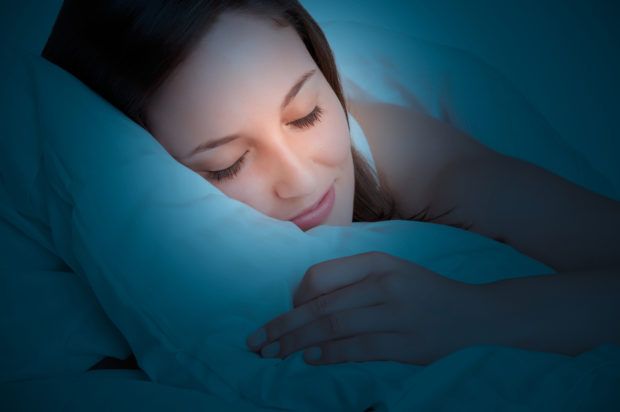 Lack of sleep can leave you unable to recall simple facts, hinder your decision-making skills, and have a negative effect on your disposition and ability to interact with others, McKinsey and Co. says in a new report that explores the link between sleep and leadership behavior.
Lack of sleep can leave you unable to recall simple facts, hinder your decision-making skills, and have a negative effect on your disposition and ability to interact with others, McKinsey and Co. says in a new report that explores the link between sleep and leadership behavior.
In fact, the report notes, research has found that after too many hours of wakefulness (roughly 20 hours), individual performance on a range of tasks is equivalent to that of a person with a blood-alcohol level of 0.1 percent, which meets the legal definition of drunkenness in the U.S.
How can you avoid sleep-deprivation?
McKinsey’s advice to individuals: create the right sleep environment by removing smartphones and keeping work out of the bedroom; take time to relax and destress before bedtime; and go to bed early and try taking a short nap in the afternoon.
At the organization level, McKinsey offers these tips for companies to consider when creating sleep-management plans:
- For business travel, when possible, allow employees to take an earlier plane (rather than a “red eye” flight) to get a good night’s sleep before an important meeting.
- To keep the business working 24/7, companies can create “tag teams” of employees who seamlessly hand over the reins to other teams, in different time zones, at the end of their shifts.
- Consider imposing blackout times on work emails, when practical—perhaps from 6 p.m. to 7 a.m.
- Invest in napping rooms or pods. Research has shown that a short nap of 10-30 minutes improves alertness and performance for up to two and a half hours.
For more on the importance of sleep-awareness programs, see the full McKinsey & Co. report, “The Organizational Cost of Insufficient Sleep.”
Source: McKinsey & Co.





















 What Analysts Are Saying About the 2026 P/C Insurance Market
What Analysts Are Saying About the 2026 P/C Insurance Market  How Americans Are Using AI at Work: Gallup Poll
How Americans Are Using AI at Work: Gallup Poll  Beazley Agrees to Zurich’s Sweetened £8 Billion Takeover Bid
Beazley Agrees to Zurich’s Sweetened £8 Billion Takeover Bid  Earnings Wrap: With AI-First Mindset, ‘Sky Is the Limit’ at The Hartford
Earnings Wrap: With AI-First Mindset, ‘Sky Is the Limit’ at The Hartford 





